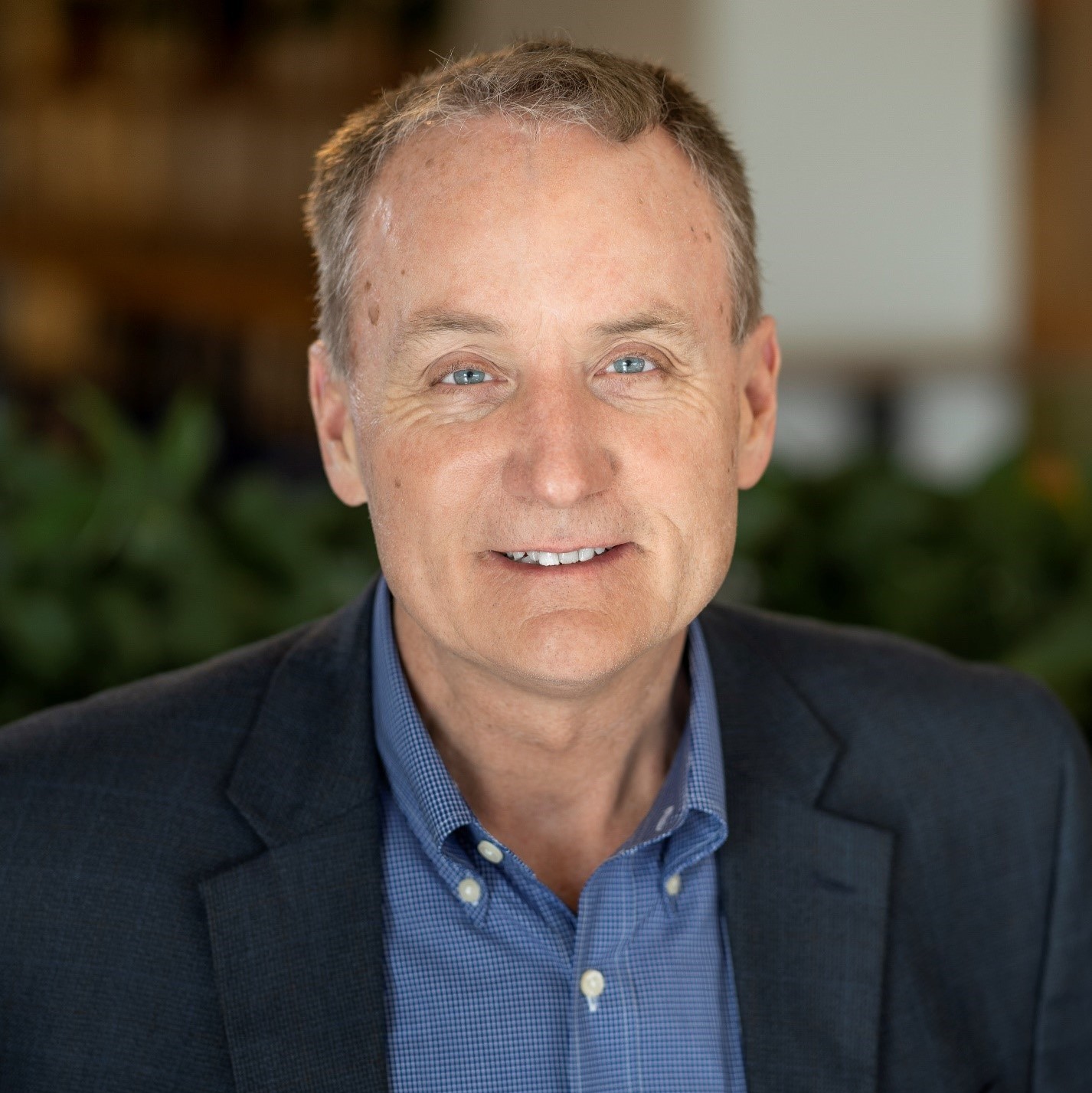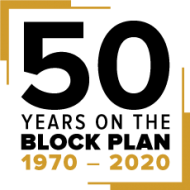
I continue to be astounded how Colorado College offers an opportunity for each three-and-a-half-week course to be a unique adventure, to equally embrace arts, sciences, social sciences, and above all, to love learning.
I arrived at Colorado College in Fall 1975. My first course was a Shakespeare English course. I remember reading two plays a week: attending classes mornings 9-12 noon, reading plays all afternoon, and attending performances at night. I’ll always remember my first CC paper “Hal and Iago: Hero and Villain,” typed laboriously on a decrepit manual typewriter on erasable rag paper.
My next block, I had the Philosophy of Science with Hans Krimm. In those days, Prof. Krimm could bring his pipe stuffed with aromatic tobacco right into the classroom in Armstrong Hall. This idea of philosophizing over an aromatic pipe atmosphere filled study was like an icon of liberal education for me. We read Jacob Bronowski on how science invents just like poetry…. I was hooked and captivated forever.
Later I became a physics major who loved humanities (the Arts of London and Florence) and history (Twentieth Century Europe) equally well. I will always remember spending twenty handwritten pages to solve “the raindrop problem,” for Professor Val Veirs’ final exam for the advanced dynamics physics course. Of course, I could complete this final exam anywhere (in my room or outside) with CC’s wonderful honor code freedoms. What an adventure! One professor at the time, Glenn Brooks perhaps, said at CC you should take your homework outside: read Plato on a rock in the mountains, break any boundaries between classroom, nature and life at large. I also read Martin Heidegger with Glen Grey, pondered the Idea of Liberal Education with Glenn Brooks, studied music theory (with Beethoven’s piano sonatas), and even pondered the aesthetics of bird song in later CC classes.
Each CC block plan class was a pearl, a beautiful jewel or gem, to add to my education necklace. We late 1970s CC graduates were quite disappointed when in the 1980s CC dropped from nine blocks to eight blocks a year (although the professors needed this schedule easing). This meant fewer jewels for our educational necklaces, so beautiful and unique for each CC grad. Leaning to concentrate on the block plan schedule was a joy, and as natural as eating. This is how learning should be, how we all learn as young children, launching into learning just like play.
When I started an engineering job at NASA, I was puzzled that other workers punched a Monday to Friday 8:30-4 time clock schedule. I rederived Pythagoras’s theorem of right triangles at my desk, took work to read outside on the office lawn, and found a mentor who guided me on how to write science papers.
CC taught us to be “never at rest,” as the title of a biography of Isaac Newton puts it. Each day became a gift, and three and a half weeks became a beneficence to accomplish many things. Of course, the block breaks were also an enormous relief and joy, shedding all cares behind for five days monthly—gaining that “summer-break” freedom again and again.
So, after forty-six years, I have to believe the pioneers of the Block Plan at Colorado College got it just right! To develop a passion for learning. To sculpt each class to be personable: I could schedule a small 10–20-person class with my favorite teachers again and again, and most teachers invited us to dinner parties at their home. To discover that education does not fall into boxes or labels: That art, science and humanities blend together seamlessly: The physics and math professors made up many of the renaissance music ensemble. I sang Vesperae solennes de confessore in Shove Chapel right before physics exams or the Putnam mathematics exam. I never bought a pipe (like Hans Krimm), but I took my shoes off (and still do) at every opportunity, especially when pondering deep, novel thoughts. I sought to make science exactly like poetry, as William Blake worked to accomplish this.
That was what Colorado College and the Block Plan meant to me. It was irreplaceable, and after forty-six years, I am still am still never at rest.
Edward Kerwin,
Class of 1979.
